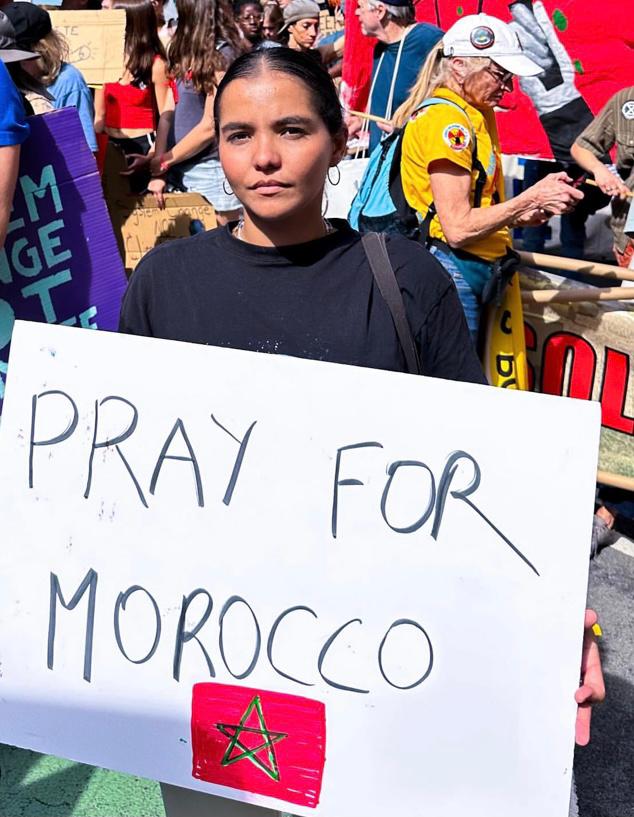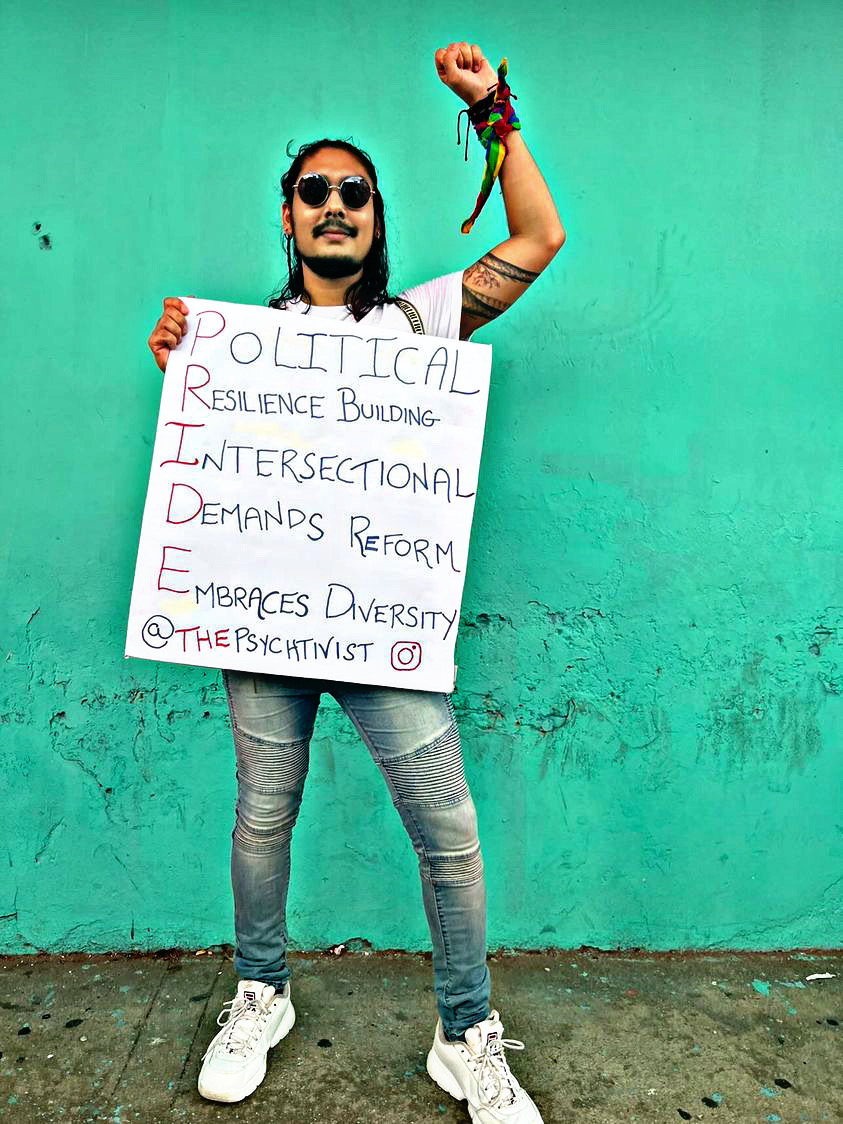In September, world leaders will be debating important decisions around agendas that cross the future of the population. According to the United Nations Secretary-General, António Guterres, from climate action to gender equality, from social justice to human rights, youth are on the frontline of the fight for a better world. Because of this, young people are the most affected by intergenerational issues, promoting peace, and intergenerational solidarity and creating approaches, in conjunction with explicit steps to engage a diverse range of young people and different other leaders. Today, 129 million girls are out of school, this means that when we think about the future of global education we must think about it from a gender perspective.
A progressive society is predicated on a functional synergy between the younger population and the older generation in society. These sets of unique individuals must interact on several levels and work hand in glove with each other to drive society forward. The younger generation may be driven by novel ideations, but the older populace, as important stakeholders, mirrors a panoply of rich experiences from which they can learn a thing or two as they quest for holistic development. If the problems we live with today cross centuries, and different generations, intergenerational solidarity must be central to overcoming them. In this context, in order to achieve the SDGs, it is necessary to overcome ageism barriers and value youth participation, in addition to seeking knowledge in ancestry.

Education Transformer, Amanda Suarez in conversation with Vice Mayor of Recife, Isabella de Roldão during at the First Global Citizens’ Assembly on the Climate and Environmental Crisis.
Intergenerational solidarity is very important in today's world as it allows us to strengthen ties, and create strong bonds with other groups, younger or older we all face the same challenges and go through common life experiences but our different perceived cultural beliefs prevent us from challenging our negative perception of young or older groups. Intergenerational solidarity work should be the core point for fixing issues and addressing ageism. Without such work, it will be difficult for us to build a generation where culture and social transfer will be easy to restore.
To ensure that important policies are adopted around the world, the youth will need to exercise their lobbying skills on these older individuals when it comes to advocacy for it is crucial for all age groups to work together to create changes for a sustainable world. Each generation has unique strengths and thought processes that can be combined to effect and influence lasting changes in the world. Only by uniting the strength of different people, and understanding the vulnerabilities of each generation, can we think of a sustainable, inclusive, and possible future.
Everyone has the ambition to dream and live freely. When we practice intergenerational solidarity, marginalized communities and vulnerable groups such as young women, girls, young people with disabilities, LGBT+ youth , young refugees and migrants are able to engage and thrive in society with their peers.


